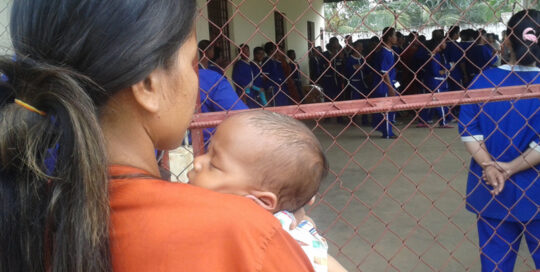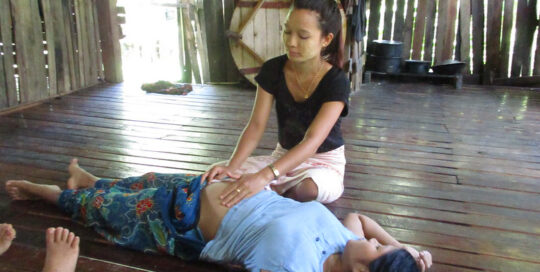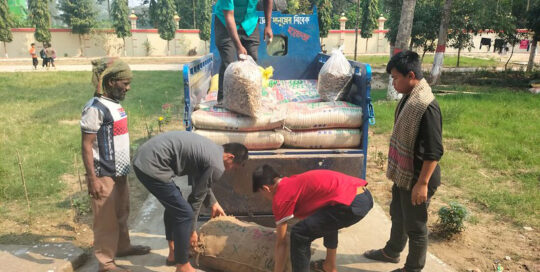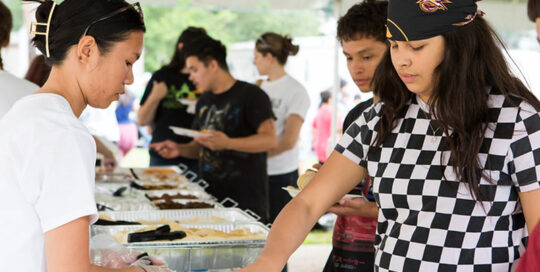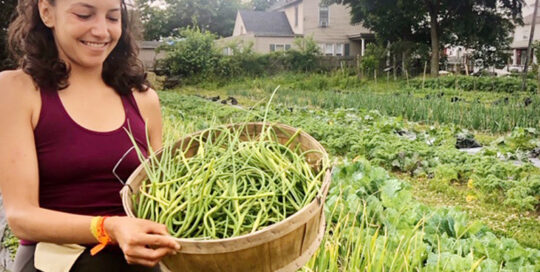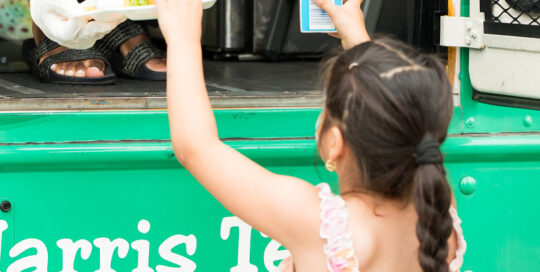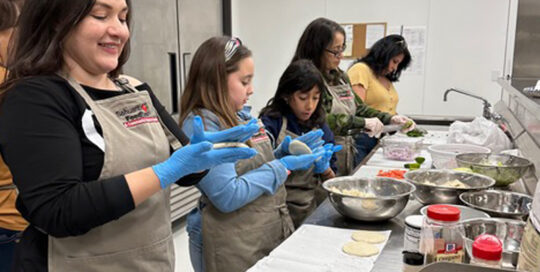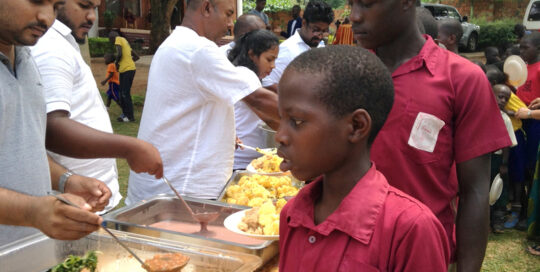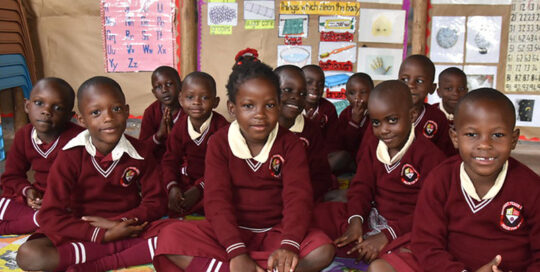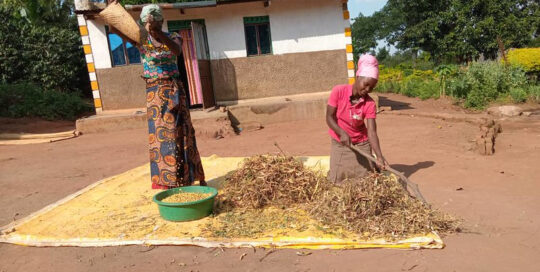Under Cambodian law, children under the age of 3 can live in prisons with their mothers. Children experience difficult prison conditions at a crucial point in their development. Pregnant women are not provided with pre- and post-natal care and are often forced to return to prison one day after giving birth. LICADHO, the Cambodian
Backpack Medics in Myanmar 2024
Yen Yen Lim2024-11-06T15:40:53-08:00For decades, civil unrest and government violence have caused a public health nightmare for ethnic minorities in Myanmar. Lack of access to basic health services has increased infant and maternal deaths. Burma Humanitarian Mission is fighting this crisis by training and equipping rural health workers. Support from BGR allows the mission to train and
Food Support for Orphans in Bangladesh 2024
Yen Yen Lim2024-10-07T02:15:44-07:00The Bangladesh Buddhist Missionary Society has used communal meals to create a safe, nurturing environment for orphans in Chattogram. The shared meals help the children build bonds and a sense of community as they work to overcome trauma and loss. In the long term, regular nutritious meals contribute to their academic success. A grant
After-School and Summer Meals Program in Washington, D.C., USA 2024
Yen Yen Lim2024-09-16T08:09:33-07:00In one of the wealthiest countries in the world, there are populations disproportionately impacted by poverty, geography, and unequitable health, behavioral, and academic outcomes. Of the food-insecure households in the Greater Washington region, 42 percent have children in the household. Nearly 60 percent of children in the region qualify for free or reduced meals. Persistent childhood
Easton Urban Farm in Easton, Pennsylvania, USA 2024
Yen Yen Lim2024-09-16T08:09:33-07:00The Easton Urban Farm, operated by the Easton Area Neighborhood Centers, is a 5/8-acre plot on which community volunteers grow vegetables, fruits, and seedlings for distribution to low-income residents of the city of Easton, Pennsylvania. In addition to providing over 7,000 pounds of nutritious, locally grown produce to food-insecure families each year, the farm also
‘Food Pharmacy’ for Diabetes Patients in Washington, D.C., USA 2024
Yen Yen Lim2024-10-07T02:50:04-07:00At Children’s National Hospital (CNH) in Washington, D.C., Type 2 diabetes diagnoses rose 182 percent during the first year of the Covid pandemic, compared to the prior two years. A CNH needs assessment found that two-thirds of the 5,000 children cared for at the hospital’s Diabetes Care Complex are food insecure. In October 2021,
Food for Low-Income Children and Families in Pima County, Arizona, USA 2024
Yen Yen Lim2024-09-16T08:09:33-07:00BGR partner the Sahuarita Food Bank and Community Resource Center serves the low-income population of southeastern Pima County, Arizona, a mostly rural area. This project will address poverty in Summit, Arizona, a small community with a household poverty rate of 23 percent, one of the three lowest income rural communities in Arizona. This project focuses on
Hunger Relief and Education for Orphans in Uganda 2024
Yen Yen Lim2024-09-16T08:09:33-07:00In the village of Bulega in southern Uganda, BGR partner Uganda Buddhist Centre (UBC) has established a feeding program to care for some of the many children here who have been orphaned due to parental HIV/AIDS or other illnesses, accidents, abandonment, or conflict-related violence. The orphaned children are at significant risk of maltreatment, exploitation, and sexual
Peace School Education Program in Uganda 2024
Yen Yen Lim2024-11-06T15:46:05-08:00The Peace School in Bulega, Uganda, was launched in 2008 by Uganda Buddhist Centre founder and abbot the Most Venerable Bhikkhu Buddarakkhita with the aim of providing a high-quality early childhood education program for local children. This project currently supports the education of twelve children. In addition to the Uganda National Curriculum, the school provides mindfulness-based
Women’s Livelihoods and Climate-Smart Agriculture in Uganda 2024
Yen Yen Lim2024-09-16T08:09:34-07:00In the rural Zombo District of Uganda, more than 90 percent of residents depend on small-scale agriculture for their livelihoods; a majority of these farmers are women who rely on agricultural production to feed their families and earn income by selling crops at local markets. Land degradation, poor soil health, and high dependence on

